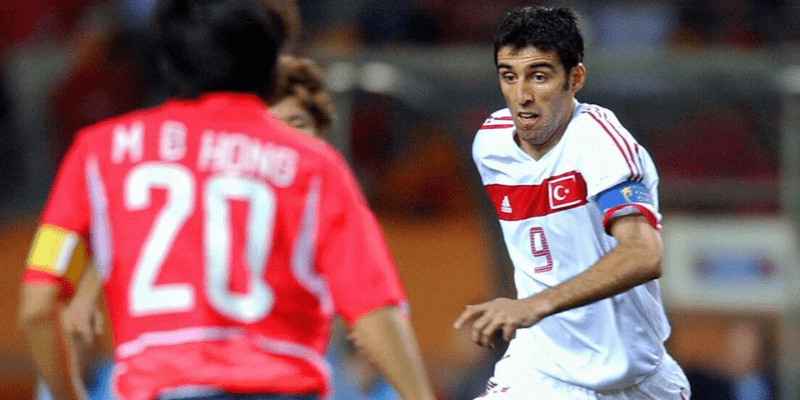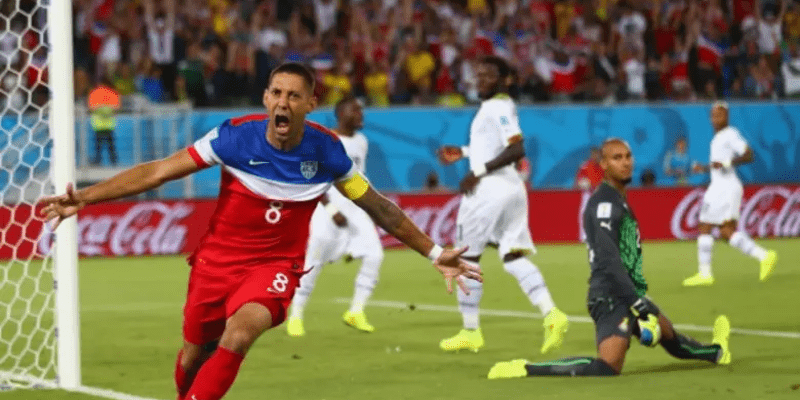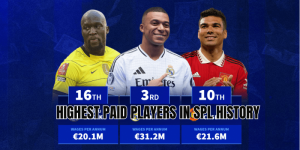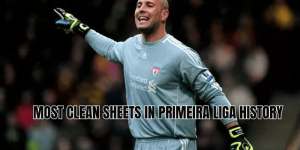In the drama of football, sometimes the most unforgettable moments happen in mere seconds. When the whistle blows, the world braces itself — and occasionally, a player turns a kickoff into instant legend. The fastest goals in World Cup history capture that magnum opus of speed, instinct, and raw footballing audacity. In this article, KorKick will take you on a lightning-fast tour of those moments that shocked stadiums, rewrote records, and still echo in football folklore.
What Does “Fastest Goal” Really Mean?

Before diving into the list, it’s worth clarifying what we mean by “fastest goal.”
- We focus on World Cup final tournaments (not qualifiers).
- Timing is measured from the opening whistle to the moment the ball fully crosses the goal line.
- The record for the fastest goal in a World Cup final (i.e. in a final match) is separate.
- Early-era matches sometimes lack precise official timing, but historians and FIFA have cross-referenced sources to arrive at the most accepted figures.
With that out of the way, let’s count down the quickest strikes ever witnessed in World Cup history.
The Record Holder: Hakan Şükür’s 11-Second Wonder
The undisputed champion of speed in World Cups is Hakan Şükür. In the 2002 third-place playoff between Turkey and South Korea, Şükür pounced just 11 seconds after kickoff and marked his name in football mythology.
That blistering strike remains the fastest goal in World Cup finals tournament history, as recognized by FIFA and Guinness records alike. Teams often haven’t even settled into formation by then — but Şükür’s instinct, positioning, and a momentary lapse in the opposition defense all aligned for that historic moment.
Top Fast Goals In World Cup History

Here’s a refined list of some of the fastest goals in World Cup history, combining data from official sources and long-standing football records. Note: all are from World Cup final tournaments (not qualifiers).
| Rank | Time | Player | Match / Year | Notes |
| 1 | 11″ | Hakan Şükür (Turkey) | vs South Korea, 2002 | Tournament record holder |
| 2 | ~15–16″ | Václav Mašek (Czechoslovakia) | vs Mexico, 1962 | Held record for decades |
| 3 | ~23″ | Pak Seung-zin (North Korea) | vs Italy, 1966 | Sometimes cited in top lists |
| 4 | ~24–25″ | Ernst Lehner (Germany) | vs Austria, 1934 | Early era blitz |
| 5 | ~27″ | Bryan Robson (England) | vs France, 1982 | Memorable volley early on |
| 6 | ~29″ | Clint Dempsey (USA) | vs Ghana, 2014 | Modern era shocker |
| 7 | ~35″ | Émile Veinante (France) | vs Belgium, 1938 | Host nation capitalizes early |
| 8 | ~35″ | Arne Nyberg (Sweden) | vs Hungary, 1938 | Parallel 35s in early years |
| 9 | ~37″ | Bernard Lacombe (France) | vs Italy, 1978 | Quick header in the group stage |
| 10 | ~50″ | Florian Albert (Hungary) | vs Bulgaria, 1962 | Slightly slower, still in top tier |
These are among the widely agreed fastest goals; various sources sometimes differ by a second or two depending on match reports. But the common thread is: lightning speed.
The Fastest Goal In A World Cup Final Match
Scoring quickly is one thing — doing it in a World Cup final is another level of pressure and intensity. The fastest goal in a final match is often credited to Johan Neeskens, who found the net in 90 seconds for the Netherlands against West Germany in the 1974 final. That remains the benchmark for final-match speed under the greatest spotlight.
The Qualifier Quickies: Beyond the Main Stage
While our focus is on the finals tournament, it’s worth noting ultra-fast goals in World Cup qualifiers, which also spark fascination among fans:
- Davide Gualtieri of San Marino scored against England in 1993 in 8.3 seconds, one of the fastest ever in international competition.
- That record stood until Christian Benteke (Belgium) netted a goal in 8.1 seconds in a 2016 qualifier.
These feats often gain viral fame, though they’re outside the World Cup finals record purview.
What Makes a Goal This Fast?

Behind every ultra-fast goal, there’s more than just speed. Several factors tend to converge:
- Tactical surprise: defenses often start cautiously. A surprise direct move off kickoff can catch them flat-footed.
- Precise execution: the passes, movement, and finish must align perfectly under massive pressure.
- Opposition error: miscommunication, sloppy backpasses, or hesitation can open the door instantly.
- Physical and mental sharpness: players must be wired to attack.
Fast goals tend to be equal parts daring strategy and opportunism — the kind of gamble that, when it works, becomes immortal.
Why These Records Still Matter
The fastest goals in World Cup history are not just trivia — they are narrative landmarks:
- They symbolize the essence of unpredictability in football: that a game’s landscape can be reshaped before minute one.
- They become part of player legacies and national lore; for instance, Şükür’s name is forever tied to that 11-second strike.
- They inspire tactical thinking: coaches analyze how to defend the first moments better; attackers look for ways to exploit early seconds.
In every major tournament since, the ghost of those rapid goals looms — a reminder that focus must begin the moment the whistle blows.
Final Thoughts
The fastest goals in World Cup history offer moments of poetry in motion: seconds of brilliance, shock, and searing impact. From Şükür’s 11-second wonder to Dempsey’s surprise burst in 2014, each strike is a testament to the unpredictable beauty of football.
In this article, KorKick accompanied you through those split-second legends. If you want dee, just say the word — your next read is ready.






